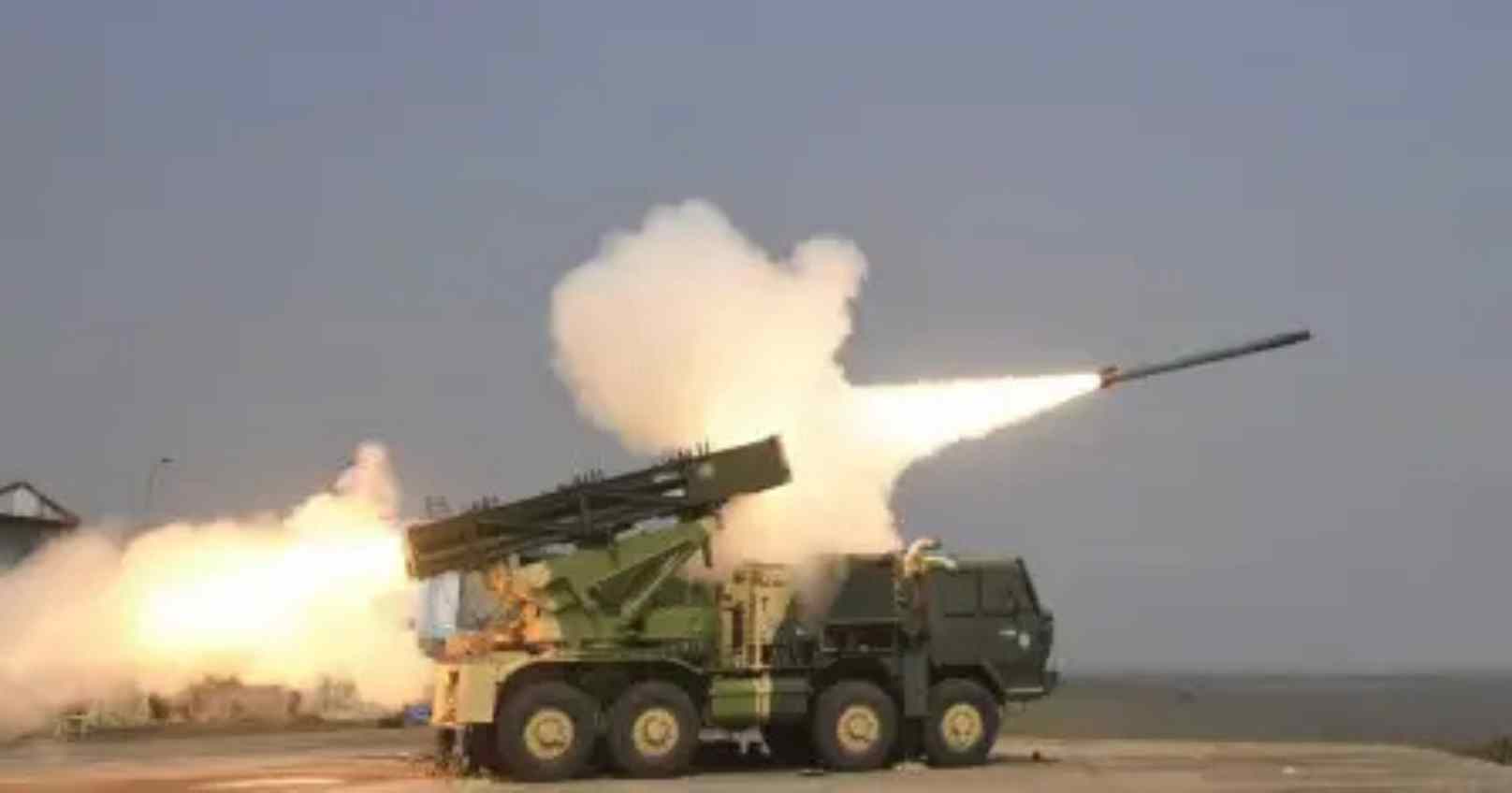Following a night of intensified hostilities along the western border, the Indian government has confirmed that four Indian Air Force (IAF) bases — Udhampur, Pathankot, Adampur, and Bhuj — sustained minor structural damage from targeted Pakistani strikes. In a swift counter-response, the Indian military launched focused aerial attacks on six Pakistani bases, namely Rafiqui, Murid, Chaklala, Rahim Yar Khan, Sukkur, and Chunia. These operations were aimed solely at military installations, carefully planned to avoid civilian casualties.
In a media briefing on Saturday, Colonel Sophia Qureshi detailed the extent of Pakistan’s offensive, stating that 26 sensitive Indian locations were targeted overnight. These included key military outposts and logistical routes. A high-velocity missile was fired at an airbase in Punjab around 1:40 am, and there were reported strikes near medical facilities and schools in the proximity of Srinagar, Awantipora, and Udhampur.
According to Colonel Qureshi, Pakistan employed drones, fighter aircraft, and heavy artillery to launch attacks across India’s western frontier. In retaliation, Indian forces exercised restraint while executing surgical strikes on identified military objectives such as radar facilities, command centres, and ammunition depots. Among these were successful hits on radar sites in Pasrur and Sialkot’s airfield, achieved using guided munitions launched from fighter jets.
Wing Commander Vyomika Singh also addressed the media, emphasizing the Indian Armed Forces’ high level of preparedness. "We have effectively neutralized all hostile actions. Our retaliation was precise and proportionate," she said. Addressing disinformation campaigns, she categorically rejected Pakistani claims of major Indian military losses. “Reports suggesting destruction of India’s S-400 system, bases in Sirsa and Suratgarh, or the Nagrota BrahMos facility are completely fabricated,” she said, adding that official footage of these locations has been shared to dispel false narratives.
India's Foreign Secretary Vikram Misri also weighed in, labeling Pakistan’s recent actions as deliberately escalatory. He condemned the early-morning shelling of Rajouri, which claimed the life of Additional District Development Commissioner Raj Kumar Thapa, who had just met with the Chief Minister the previous day.
"Pakistan continues to rely on disinformation and inflammatory rhetoric," Misri remarked. "India's response has been measured and confined to legitimate military targets, in line with our defence protocols."
Meanwhile, movement of Pakistani troops toward forward posts has been observed, hinting at further mobilization. Indian defence sources report multiple ceasefire violations along the Line of Control, with intense artillery exchanges in areas including Kupwara, Baramulla, Poonch, Rajouri, and Akhnoor. Indian units responded with equal force, causing significant damage to enemy positions.
Despite rising tensions, Indian officials reiterated the government’s preference for de-escalation. Colonel Qureshi underlined this stance, asserting that India’s counter-offensives were disciplined and targeted. “We remain committed to peace — but we will not hesitate to act decisively in the face of aggression,” she concluded.







